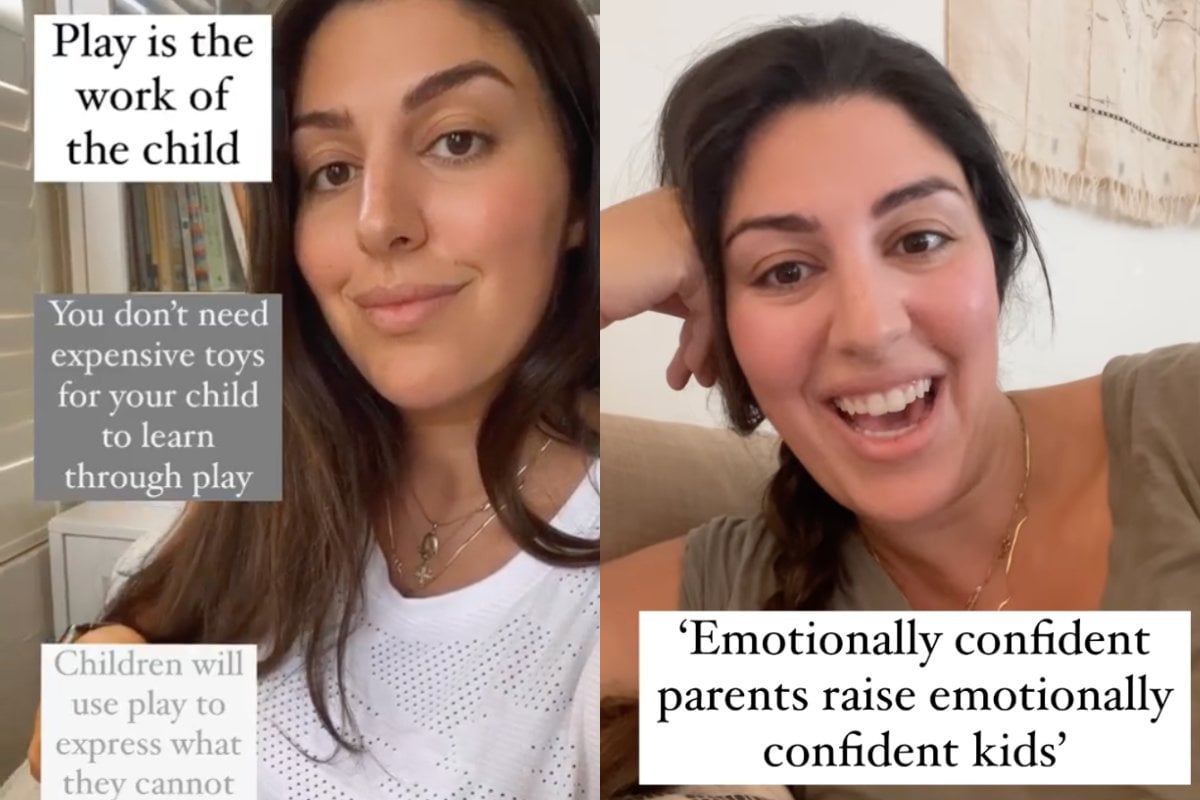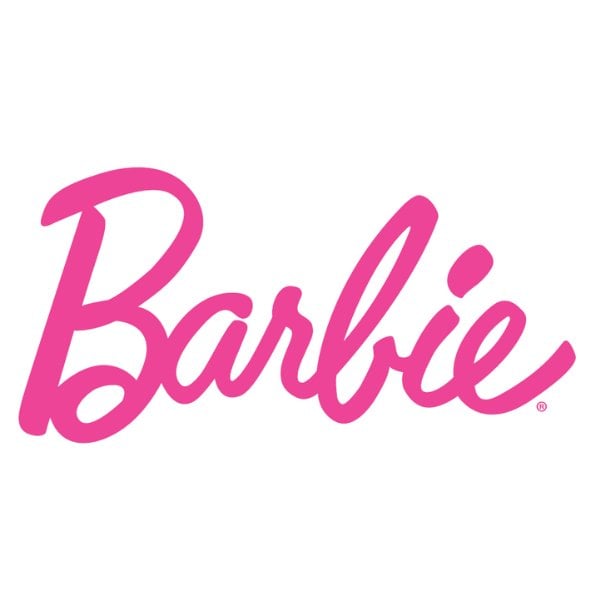

As a mum, I often sit back in awe, watching my daughter grow and explore the world around her.
I find myself listening to her babble to herself while she colours in, or watching as she cooks her dolls breakfast at her play kitchen. She even recently picked up her pretend phone to call the doctor when she saw I had a pimple on my cheek (thanks hormones!).
Pretend play is one of the simplest ways that children learn about themselves and the world around them, according to Child and Adolescent Clinical Psychologist, Emily Hanlon.
“Pretend play is one of the first ways children learn about their interests, dislikes, and their own abilities. It nurtures imagination, storytelling, language, and social skills, and develops empathy for others and the world around them," says Emily.
“If you have ever watched children role play with Barbie dolls, you may notice that the dolls often become versions of the child and those around them, a tool in which the child expresses their emotions and reactions to imaginary situations.”
“This is known as Theory of Mind”, Emily continues. "A child’s capacity to understand that others' thoughts, feelings, and opinions may be different from their own – one of the key building blocks of empathy.”
To help parents understand how they can raise an empathetic child, Emily Hanlon gave Mamamia parents a list of 4 things we can do, starting now!
1. Understand their emotions as being the core of any behaviour
“I always say, you don’t have to agree with your child’s behaviour, but you do have to empathise with the emotions underlying them," explains Emily.




























































































